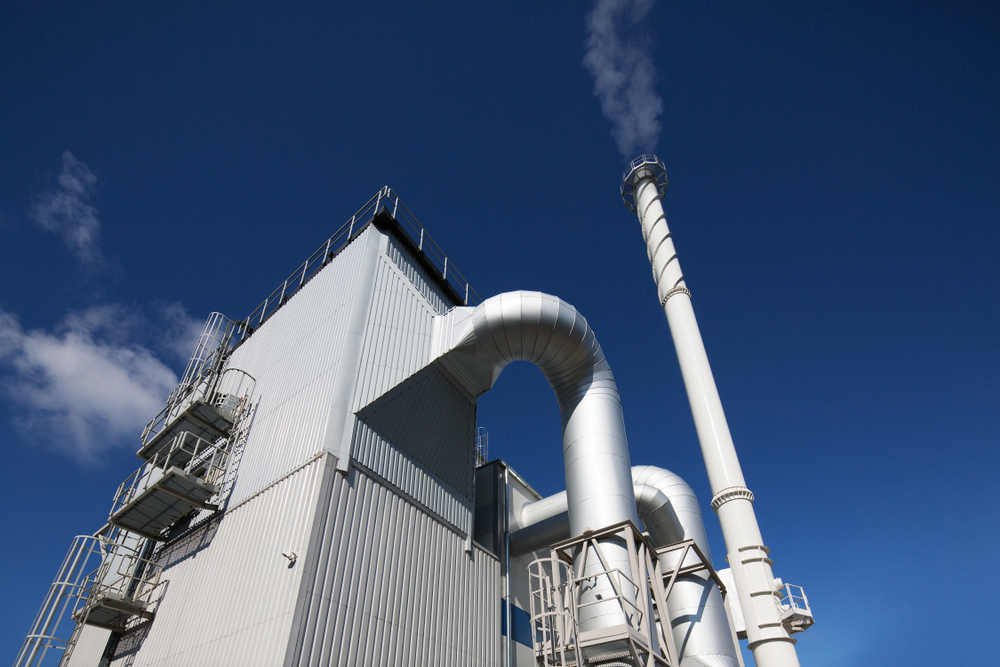As we become more and more aware of the environmental impact of our actions, the need for sustainable energy solutions has never been more salient. Could utilising biofuel boilers be part of the answer to this crucial global conundrum? Would they, in fact, revolutionise the way we manage energy consumption in our homes and make more environmentally friendly choices?
The increasing demand for sustainable, green energy has been a major driving force behind the development of new technologies. Harnessing biofuel technology in boilers represents a promising escape route from our dependency on traditional, non-renewable energy resources. The purpose of this article is to delve into the world of biofuel boilers, discuss their Pros and Cons, and evaluate their potential contribution to achieving sustainable energy solutions.
What Are Biofuel Boilers?
Just like gas-powered boilers, biofuel boilers are used to heat water and produce steam. However, the main difference lies in the source of fuel used. Biofuel boilers, as the name implies, use biofuels, which are fuels derived from biomass, including plant materials and animal waste.
Utilising biofuel technology in boilers is a relatively new yet promising idea. Its introduction into the energy market depicts the progressive efforts towards renewable, environmentally-friendly energy solutions. But why exactly should we consider biofuel boilers? What makes them stand out?
Why Opt for Biofuel Boilers?
Firstly, biofuel boilers offer an immediate reduction in carbon emissions. Biofuels are derived from organic materials that absorbed carbon dioxide as they grew. Thus, when burned for energy, the CO2 emitted by these fuels can be considered part of a natural cycle, without introducing additional carbon to the atmosphere. What’s more, biofuels are renewable resources and contribute less to pollution than traditional fuels like coal.
The Many Facets of Biofuel Efficiency
One of the significant advantages of biofuel boilers is their efficiency. Not only do they utilise biomass effectively, but they also work efficiently at any scale, making them an ideal solution for both domestic and commercial needs. Biofuel boilers function efficiently, providing steady heating solutions and saving energy simultaneously. This multifaceted aspect of efficiency could have substantial implications for the future of sustainable energy solutions.
The Challenges on the Road to Sustainability
Every promising solution comes with its set of challenges – and biofuel boilers are no exception. The initial investment in the biofuel boiler system could be steep for some. Additionally, although biofuels are renewable, the sourcing and production process needs careful management to ensure the entire lifecycle remains sustainable.
Practical Usage and Maintenance of Biofuel Boilers
The actual usage of biofuel boilers is relatively similar to traditional boilers. Still, they require regular maintenance to avoid issues like ash accumulation and to keep their efficiency top-notch. Figuring out the optimal biofuel mix for your specific needs could also require some experimentation.
How the Future of Biofuel Boilers Looks Like?
Thanks to technological advancements and increased environmental awareness, the future looks promising for biofuel boilers. There’s potential for the mass adoption of these boilers to bring about a considerable shift in our approach towards energy management. As we continuously strive to find sustainable energy solutions, biofuel boilers represent an essential stepping stone on this journey.
Conclusion
The use of biofuel boilers holds immense potential in maneuvering the globe towards sustainable energy solutions. Despite the challenges, biofuel efficiency, its role in reducing carbon emissions, and awareness about renewable energy represent a crucial turning point in our energy narrative. Biofuel boilers allow us to explore a more ecologically friendly and sustainable way of living, something that our planet and future generations would be grateful for.





